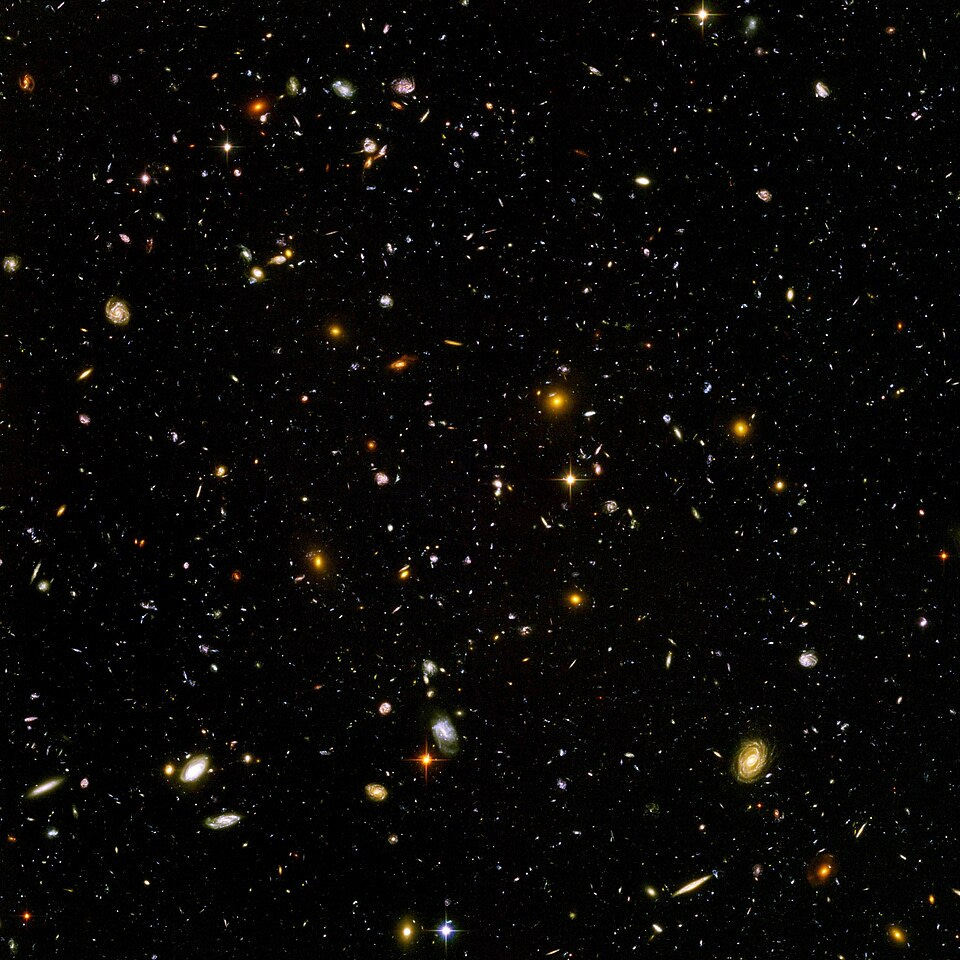Tip-Off #223 - The Math of Eternity
“The most incomprehensible thing about the universe is that it is comprehensible.” - Albert Einstein

Einstein made sense of the universe; I’m hoping to survive the title.
Cynicism aside, what does it all add …
Keep reading with a 7-day free trial
Subscribe to 2 + 2 = 5 to keep reading this post and get 7 days of free access to the full post archives.

